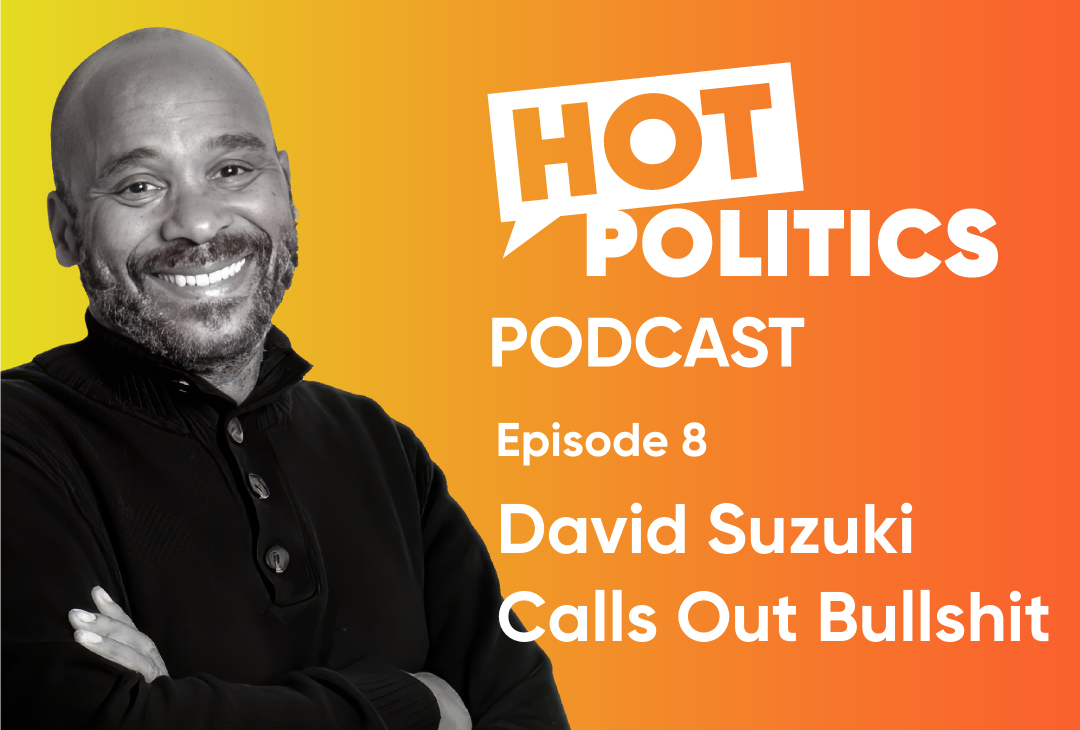Poilievre would sue Big Pharma but won't talk about supervised consumption sites

Conservative Leader Pierre Poilievre said Tuesday that if he became prime minister, he would sue pharmaceutical companies as a way to fund drug treatment — but he wouldn't say what he would do about sites where users can consume drugs under supervision.
Poilievre made the pledge during a stop in Metro Vancouver, a region of the country he has routinely criticized for its approach to the opioid crisis. He once called Vancouver's Downtown Eastside neighbourhood "hell on earth."
The Tory leader has said that Prime Minister Justin Trudeau and the NDP-led provincial government are both contributing to the problem in British Columbia by offering a safe supply of drugs to some users and decriminalizing small amounts of certain illicit substances.
He has panned such measures as being part of a "failed experiment."
During a video on the topic of harm reduction filmed in front of a tent encampment in Vancouver last November, Poilievre posed a question that would become the centrepiece of his Conservative message: "Do you ever feel like everything's broken in Canada?"
Poilievre has pledged to end the provision of a safer supply of drugs and disallow decriminalization. The positions earned swift condemnation from political opponents and drug policy experts, who say the measures are needed to mitigate a toxic drug supply that has led to thousands of preventable overdoses and deaths.
Poilievre reiterated his position on Tuesday.
"I don't believe in flooding our communities with more and more taxpayer-funded drugs," he said.
Instead, he said he would focus on providing users with more recovery and treatment options.
He said that to pay for those, he would launch a $44 billion lawsuit against the pharmaceutical companies that manufacture the prescription drugs that many users are addicted to,as well as join an existing class-action suit that B.C. has launched.
"Those programs are going to cost a lot of money. It's worth the money, but who should pay?"
Poilievre also said he believes in distributing medications that ease the symptoms of drug withdrawal and overdose antidotes such as naloxone.
Asked Tuesday whether he intends to alter the current rules around supervised consumption sites — where users can bring drugs to inject or inhale under the watch of staff — the Conservative leader would only say that "the existing overall system has failed."
The federal government currently funds safe supply programs at 20 centres across the country.
Supervised consumption sites are more common. Some offer supply programs, but many do not.
In addition to supervision, the sites typically offer services such as drug testing and clean needles. They also help users connect with various support services, including housing help. To operate, providers require a federal exemption to the Controlled Drugs and Substances Act.
Federal Conservatives have had long-standing concerns over such sites, and former prime minister Stephen Harper's government took issue with their expansion during his time in office, citing their perceived effect on public safety.
In 2013, Harper's government ushered in legislation titled the "Respect for Communities Act," which stipulated that organizations looking to open such facilities had to meet a set of strict criteria in order for their applications to be considered.
After the Liberals came to power in 2015, Trudeau's government passed a bill that reduced the criteria projects needed to meet to eight, down from 26. By 2020, Ottawa reported that 39 such sites were operating.
Poilievre frequently points to Alberta's United Conservative government as having a treatment-focused approach to addictions that is worth emulating.
Former premier Jason Kenney had spoken out against supervised consumption sites and assembled a panel to probe their impact on crime, property values and safety.
The government moved some of the sites, pointing to such concerns. But according to Health Canada, five still operate in the province — three in Edmonton, one in Calgary and one in Grand Prairie, Alta. The government does not list any safe supply projects in the province.
This report by The Canadian Press was first published March 14, 2023.




Comments
Poilievre comes across as an idiot. I wonder how his crypto investments are lately?
why is there no stats on the facts that consumption with safe supply WORKS . the author doesnt push back on Pollievres lies with facts at all!, NOT good reporting